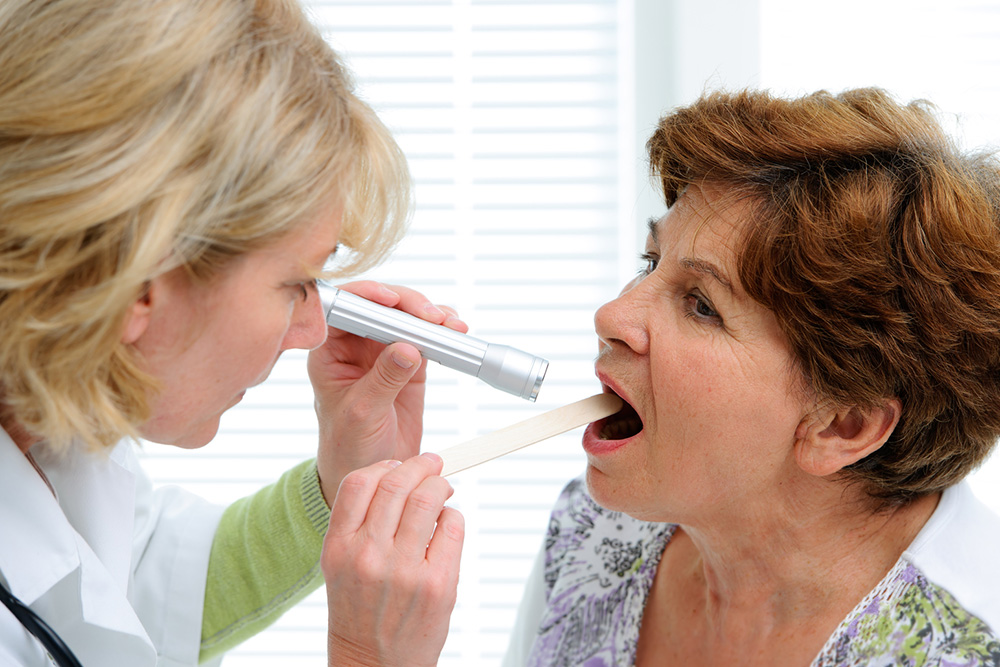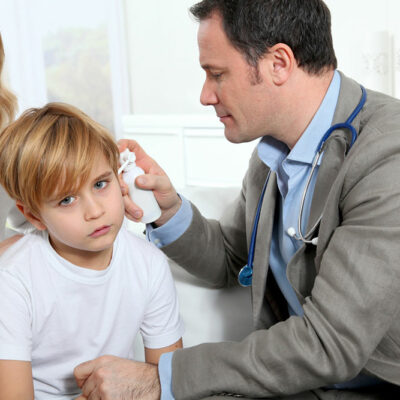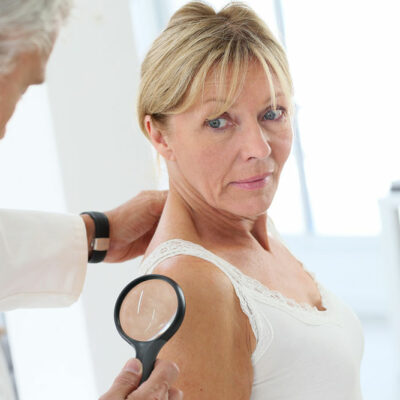
Common symptoms and treatments of oral thrush
Oral thrush is caused by the unrestricted growth of a fungus known as C.albicans. A healthy and balanced immune system keeps the growth of this fungus under control. If the balance is disturbed, the immune system becomes weak and the fungus starts to multiply, leading to infection. Taking certain medications causes the immune system to become weak. These medications affect the growth of good microorganisms that are responsible for preventing infections. Cancer treatments and diseases such as HIV and leukemia also make the body susceptible to thrush.
Another cause of oral thrush is diabetes. In the case of uncontrolled diabetes, the saliva will have a high level of sugar. The excess sugar gives impetus to the growth of C.albicans, leading to thrush. In some cases, newborn infants get oral thrush from their mothers, who may have vaginal yeast infections. This happens because oral thrush and vaginal yeast infection are caused by the same fungus.
Here are a few common symptoms of oral thrush and ways to treat them.
Common symptoms
The early signs and symptoms of oral thrush are barely noticeable. Usually, one may observe creamy white lesions on the inner cheeks, tonsils, gums, tongue, and roof of the mouth. There may be slightly raised lesions that have a cottage cheese like appearance. One may also experience soreness, redness, or burning in the mouth that can make it difficult to swallow or eat. The lesions may bleed if scraped or rubbed. There can be redness and cracking at the corners of the mouth. One may also lose the sense of taste. There can be a constant feeling of a bad taste in the mouth.
People who have denture may experience pain, redness, and irritation under the dentures. This is also known as denture stomatitis. In severe cases, the lesions can spread to the esophagus as well. One may experience pain while swallowing. It may seem like food is stuck in the throat or inside the chest.
In the case of infants, additional symptoms include irritability, fussiness, and difficulty in feeding.
Treatments
The treatment of oral thrush depends on the age of the patient, their overall health, and the cause of infection. Treatments are usually prescribed to stop the further growth and spread of the fungus. With timely treatment, the infection will go away in about two weeks. It is easier to treat thrush with a person who has a relatively stronger immune system. A healthy immune system also ensures that there is no recurrence of the infection in the future.
One of the most common ways to treat thrush is to use antifungal medications. These can be in the form of tablets, lozenges, or mouthwash. In case these medications don’t work, non-topical medications may also be prescribed. These medications are usually taken for a week or two.
Along with taking medications prescribed by doctors, one also needs to maintain good oral hygiene to ensure the effectiveness of a treatment. It is important to use a soft toothbrush for brushing the teeth without scraping the lesions. The toothbrush should be disposed of once the treatment is complete. In case of dentures, ensure that these are cleaned thoroughly. Avoid using mouth sprays and mouthwashes apart from the ones prescribed by a doctor to treat the thrush. In the case of diabetes, it is essential to maintain a healthy blood sugar level.


